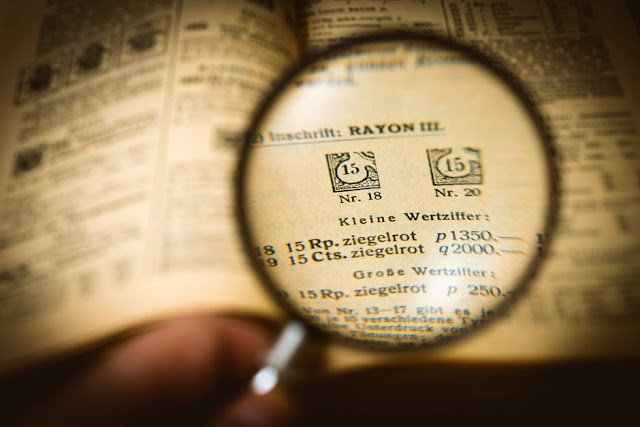Starbucks and Stephen Hawking
It's settled: the very best hot chocolate in the world comes from the Starbucks just outside of Xian, China.
A bold statement? Yes, but I have done my research. This week I was in Seattle, the birthplace of the American coffee scene, and found myself in the so-called original Starbucks. I say "so-called" because claims like this are tricky business, as I learned while visiting the Terracota soldiers in China last week with my good friend Nelson.
As you tour Xian, sooner or later you're bound to run into the "original well digger", who legend has it, stumbled onto the historical site while trying to scrape a meager existence off the hardscrabble land. Nowadays, this revered man of the soil is happy to charge you five dollars to take your picture with him. But if you should miss the opportunity, fear not: there is another original well digger waiting for you around the corner, and so on, like some cosmic stream of unending original diggers.
Which of course brings us to Stephen Hawking, world class theoretical physicist, who has been engaged for years in his own battle with the cosmos. He has dedicated his life to that age-old question: is Starbucks expanding or contracting? It's a controversial issue, and hotly debated, because Seattle is a kaleidoscope of white and green logos: Starbucks across the street from Starbucks, down the alley from another Starbucks and so on. The locals tell me each one is, well, "the original".
I'm told preliminary archeological digs confirm that in fact those Starbucks are built on top of the ruins of other ancient Starbucks, all patiently waiting for someone to excavate the rubble and find sweet coffee bean pay dirt below, as well as an album or two of extremely pleasant music, which will, in defiance of space and time, still somehow feature Ben Gibbard.
Even that is not as mind-blowing as what I discovered in a Seattle Starbucks two days ago. It seems the store was testing a prototype machine that grinds the beans (or chocolate, in my case), adds the milk, mixes it, brews it, and then cups it, complete with recycled cardboard don't-burn-your-fingers-off sleeve.
It doesn't take a genius physicist/cosmologist to see where this is headed. If a machine can eliminate the need for human intervention, it's only a matter of time before it can program itself to enjoy its newly brewed concoction, and then send you a tweet about how good it tasted. Which, on the face of it, would save you a lot of time and money, and reduce the need to brave the elements to get your morning fix. Again, you have to hand it to Starbucks: they were cutting-edge back when no one even knew they couldn't start off the morning without a five dollar cup of coffee (or a $2.97 hot chocolate).
Even more amazing: Starbucks' end goal is to make this machine available for home use. That's right, someday you'll be able to have your own personal Starbucks within the confines of your domicile. It sounds like a victory for the expansion theorists, but hold your terracotta horses. It wasn't that long ago that Starbucks was dumping stores faster than the Republican party was casting its former presidential nomination out to sea.
Still, of this much I can be certain: having sampled the hot chocolate in Seattle, it doesn't hold a candle to the stuff you can get in China.
Nevertheless, many questions remain.
How many Starbucks are there? Where did they begin, and are they shrinking or will more be popping up in whatever spaces don't yet contain them? (Even in Seattle, I noticed a few available spots in some dry cleaners and funeral homes.) Will the planet collapse under the weight of one too many Starbucks? How can a Starbucks in Xian make better drinks than in any of Seattle's original Starbucks?
Let's face it: Hawking has his work cut out for him.
Check out Robb’s new book and more
content at www.bestmindframe.com.





Comments
Post a Comment